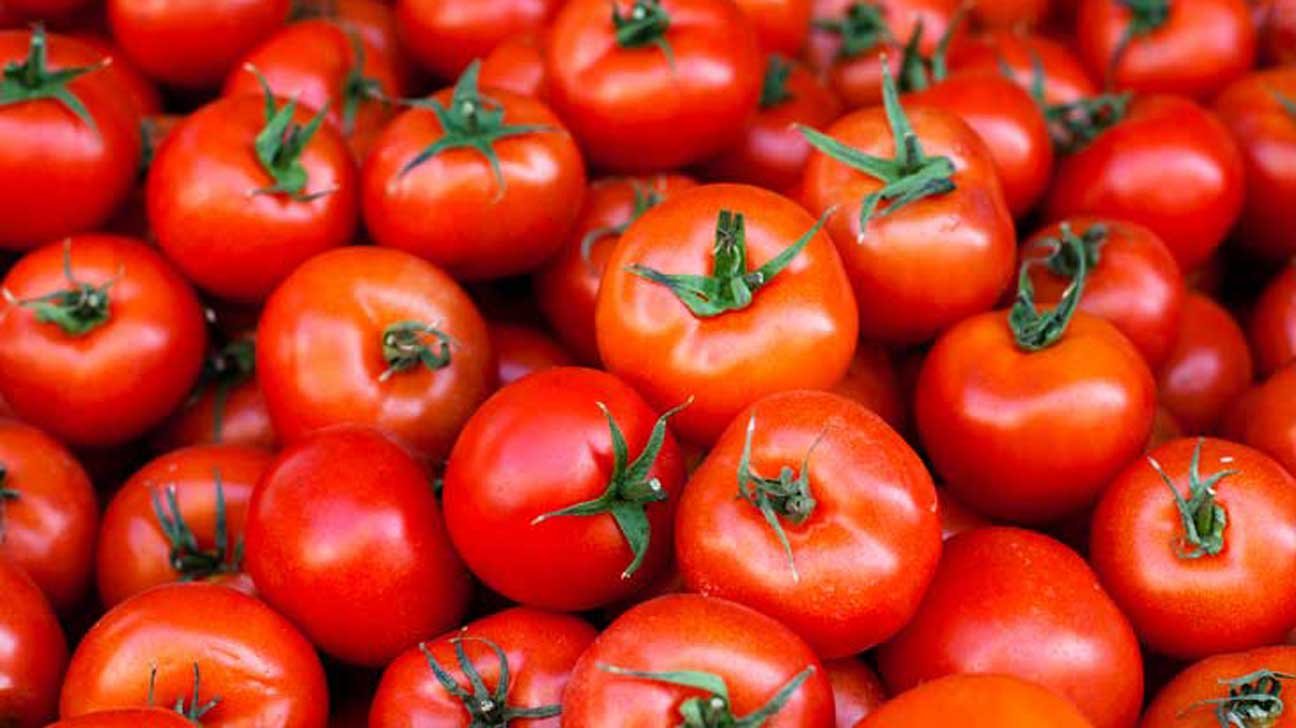Nutrition
Spaghetti (pasta) Jollof

• Pasta Jollof
Ingredients
• One bottle of oil
• 350g ofspaghetti (pasta)
• 200g of tomatoes
• 25g of dawadawa
• 150gof onions
• 50g of powdered fish (amani)
• 15g of hot pepper
• 10g of bouillon tablet
• Salt to taste
Preparation
– Grind vegetables together
-Pound or crush dawadawa
-Break spaghetti into desirable pieces
-Chop onion
– Pound dry fish
Cooking
-Put saucepan on fire and heat oil
– Add chopped onions, tomatoes and pounded dawadawa
– Allow to cook and add enough water to boil
– Add broken spaghetti
– Stir to prevent sticking together
– Cover and allow to cook
– Stir occasionally with wooden spoon until soft and all liquid is soaked up
– Serve hot
Nutrition
Health benefits of tomatoes

-Supports heart health
-Supports exercise recovery
-Help protect against dementia
-Cooked tomatoes helps prevent prostate cancer
-Help balance blood sugar
-Promote healthy skin, hair, and nail growth
Source: health.com
Nutrition
Sallah stew

Muslims have a special method of preparing their Sallah stew. Everyone can attest to the fact that Sallah stew has a different aroma and taste.
In today’s edition, The Spectator would take readers through the process of preparing this festive stew.
Ingredients
2 pounds of meat
1/2 cup of oil
3 large onions
10 large tomatoes
2 peeled garlic clove
4 tablespoonfuls of celery leaves
3 scotch bonnet pepper, optional
2 basil leaves
1 teaspoonful of fresh thyme
1 canned tomatoes sauce, 15 ounce
1teaspoonful of curry powder
1 teaspoonful of white pepper
2 tablespoonfuls of smoked paprika
1 tablespoonful of maggie powder
2 green onion, sliced
Salt to taste
Method
-Cut and wash meat
-Boil meat with salt, and some chopped onions, garlic, and ginger in a medium pot until tender.
-Remove meat from the pot to dry. (Reserve the stock for later use).
– Put oil on fire and fry meat
-Grind or blend onions, pepper, tomatoes, garlic, parsley, celery, thyme, basil and scotch bonnet pepper.
– Add mixture to the oil and let it cook for sometime
– Add tomatoes puree, curry powder, white pepper, smoked paprika and bouillon powder and allow to boil, reduce heat and simmer for about 30 minutes.
Stir the pot frequently to prevent the sauce from sticking to the pot.
Add meat stock to give stew an additional taste.
Add green onions. Adjust seasonings, sauce consistency with water/ stock and salt.
Serve warm with a desired side dish.
By Linda Abrefi Wadie







